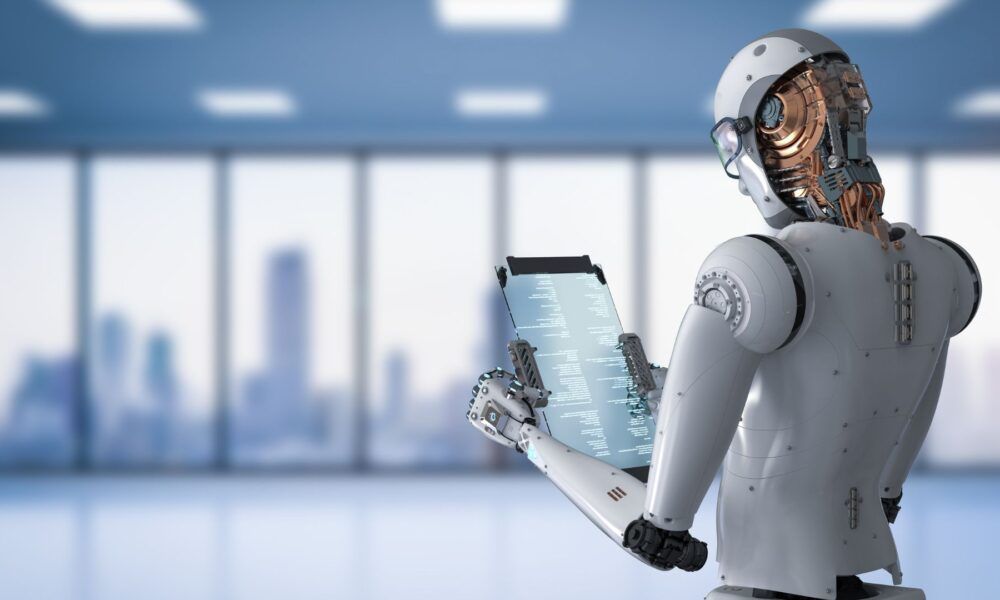
The Transformative Power of Technology: Innovation is only the Beginning
We live in a world where technology is not some new app or shiny gadget — it’s the societal underpinning, reinventing how we go about our daily lines and reimagining humanity’s place within cosmic evolution. But as the technology evolves, we are confronting issues of privacy ethics and sustainability with each inroad. Let us dive deep into how a relentless technology revolution is defining our world as we see it, along with the key essentials to be nuanced at this crucial stage.

1. The Truth About Digital Connection
The days of reaching out just for a phone call or letter are over and will become extinct. The world gets closer every day as technology connects people kilometers away instantaneously, becoming an ever more global village. However, with the convenience of this accessibility comes issues around digital well-being. Although it has brought us closer together on a purely communicative level, for its socially altered perspective writes another completely different story — that of the so-called post-truth era and mental health struggles.

2. AI:
The Power and the Paradox Far from a science fiction concept, AI is woven into the fabric of everyday life – informing everything from search engine functionality to customer service bots. But as AI handles more complex tasks, the questions about bias and transparency become front of mind. Self-driving cars look set to revolutionize transport — but that raises questions of safety and job losses. The dialogue has shifted away from merely enhancing the algorithms, but instead shaping AI that is responsible and supports society without embedding disadvantages. Pushing for transparency in AI-decision making and ethical guidelines are the right things to do. Nonetheless, as AI becomes more advanced our job will be to ensure they match the values we frame.

3.Health Innovations and Human Ethics
We have seen over the decades some stunning outcomes in ways that were unimagined because of advancement in health care technology as well. Examples include telemedicine, robot-assisted surgeries and all-things-wearable-health — but this is just the beginning of true on-demand health services. But with these advantages come ethical problems. Just Right or Too Much Health Data? Data ownership and security These concerns now lead companies and government advocating for more stringent legislation of how we protect our data. Blockchain is an approach to solving this due its ability for safeguarding health records, making those authentic. Our obligation to treat patients with dignity and respect, however, also has matured, as health tech evolves.

4. Education’s Digital Divide
The world can be a better place with education, except that it has to evolve for the time being, and it is developing quickly! However, even the digital divide—a disparity in access to technology—continues to be a very real problem. Digital equity has emerged as a central focus for educators and policymakers who grapple with how to ensure that large swaths of rural America — at least 15 percent of all households, according to one estimate from the Federal Communications Commission; others place it closer to half that — can’t access high-speed internet or even own basic devices. While governments and NGOs are tackling programs to proliferate the internet, tech companies are working on low-cost products that can aid in education. The vision is simple, really: all children should have the opportunitiy to receive a high-quality education and none of it should be along lines drawn by zip code or socioeconomic status. This vision, however ambitious it may be, will require a long-term commitment to reach. Earth is in the midst of a climate crisis, and technology has a complicated relationship with this crisis, both as part of the problem, and as a solution. Data centres are energy-intensive, and electronic waste is an emerging crisis. But technology is also providing us with ways to monitor environmental change, to consume energy more efficiently, and to transition to renewable sources.

Businesses are searching out green technology – from solar-powered gizmos to eco-friendly data storage – and governments are imposing tighter controls on the carbon footprints of tech firms. Sustainability in technology does depend on a change in corporate priorities, as well as in consumer behavior. There is a carbon cost to every sale, every request for information, and as consumers we are part of the system that can demand and select greener tech.
Looking Forward: Navigating Technology’s Future with Purpose Navigating Technology’s Future with Purpose Technology is arguably the defining force of the future, providing us with technologies with the potential to bring us together or separate us, to address some of the most urgent challenges or to produce new ones. The task for us as individuals, companies and societies is to find ways of proceeding with these developments responsibly. The moral, environmental and psychological implications of technology are necessarily murky, but they are worth inquiring into. Ultimately, technology’s promise is our willingness to use it self-awarely, making choices that support well-being and sustainability. Innovation is not about rushing to the next big discovery, but about walking towards a future that honours the human, the natural and the inherent urge for balance. Only then will technology indeed be a technology of the good.
